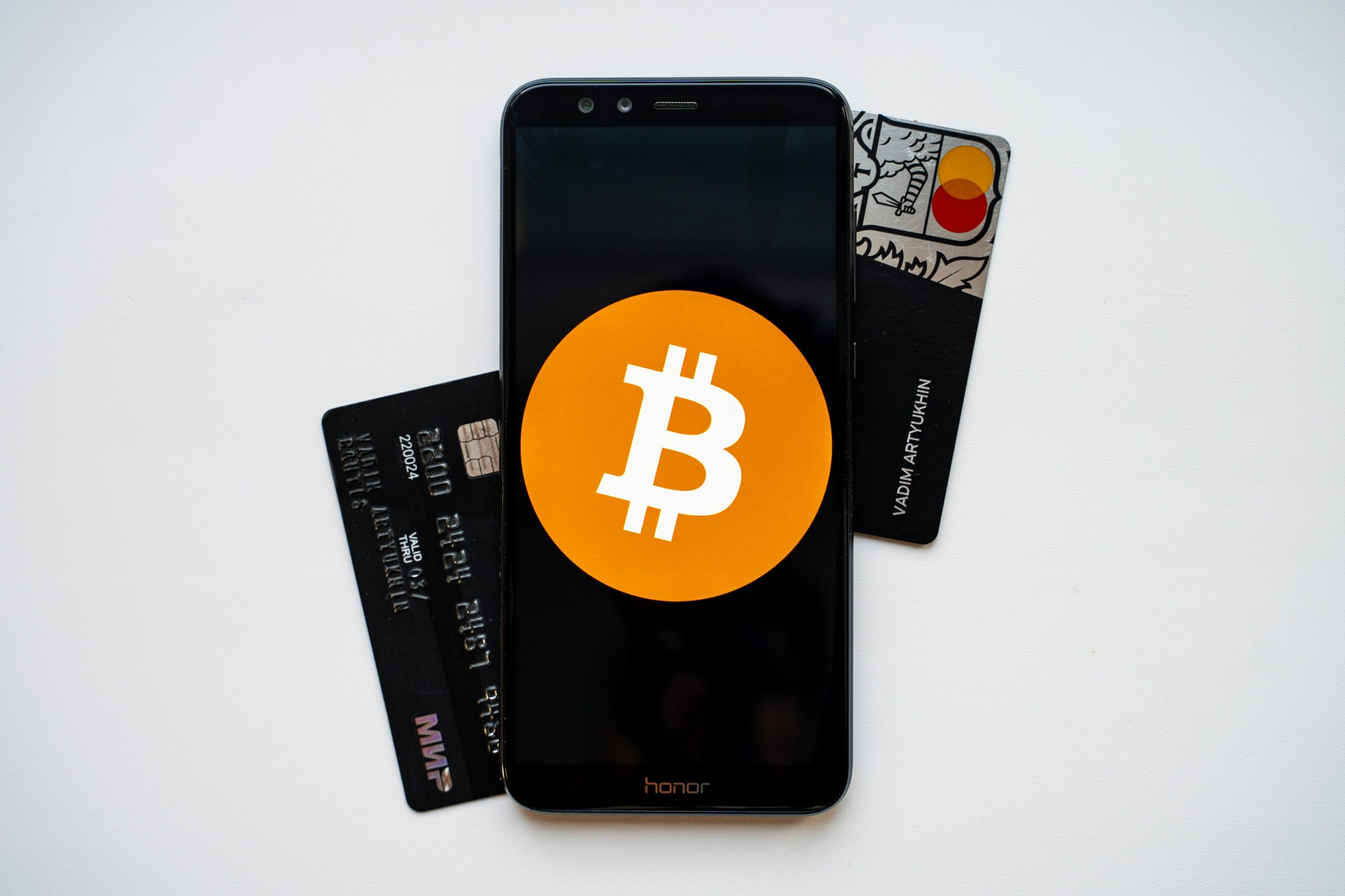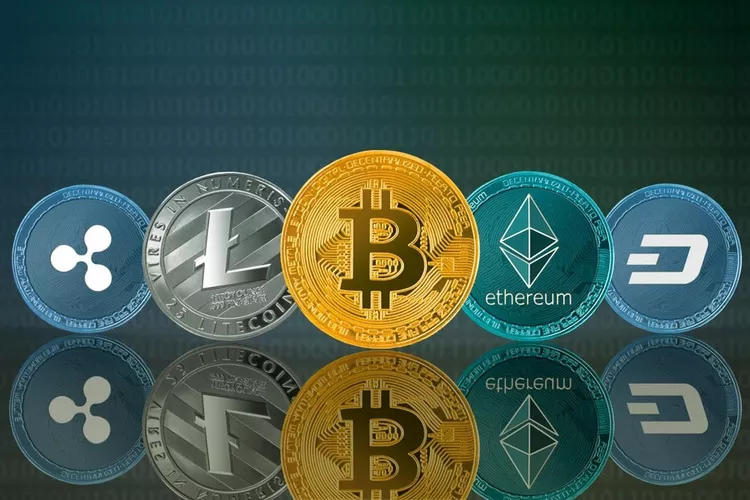What is Bitcoin? Explained in a nutshell
Bitcoin was created in 2008 by Satoshi Nakamoto, a pseudonymous individual or group, and introduced through a white paper. The concept behind Bitcoin is simple yet revolutionary: it is digital money that allows secure peer-to-peer transactions online. Unlike traditional financial services like Venmo or PayPal, which rely on banks and credit systems, Bitcoin operates on a decentralized network. This means that anyone, anywhere in the world, can send Bitcoin directly to another person without needing approval from banks, governments, or other institutions.
Every Bitcoin transaction is recorded on the blockchain, a digital ledger that functions similarly to a bank’s log of account activity. However, unlike a bank’s centralized ledger, the Bitcoin blockchain is distributed across a global network of computers. No single entity, country, or organization controls it, making it transparent and resistant to manipulation. Anyone can participate in this network, ensuring openness and decentralization.
Bitcoin also has a built-in limit. Only 21 million bitcoins will ever exist, making it a scarce resource. This fixed supply ensures that Bitcoin cannot be inflated or manipulated in the same way as traditional currencies. Moreover, you don’t need to buy a whole bitcoin; you can purchase a fraction, depending on your needs and budget.

Bitcoin Basics
Since its launch, Bitcoin (BTC) has maintained its position as the largest cryptocurrency by market capitalization and trading volume, even as thousands of other cryptocurrencies have entered the market. Its versatility allows it to serve multiple purposes. For example, Bitcoin can be used as an investment, a store of value similar to gold, a tool for transferring value across borders, or a means to explore innovative blockchain technology.
Bitcoin is a currency designed specifically for the internet. Unlike government-issued currencies like the dollar or euro, Bitcoin eliminates intermediaries such as banks or payment processors. This lack of middlemen brings several benefits. For instance, it enables faster and cheaper money transfers worldwide. Additionally, it gives individuals full control over their assets without the need for third-party oversight.
The decentralized nature of Bitcoin also opens up new possibilities. It empowers users by allowing them to manage their funds independently. It also provides a secure way to transact globally, with reduced costs and greater accessibility. Bitcoin’s unique structure continues to attract investors, technologists, and those seeking an alternative to traditional financial systems.
In conclusion, Bitcoin represents more than just digital money. It’s a groundbreaking system that redefines how we think about currency, transactions, and asset control in the digital age.









